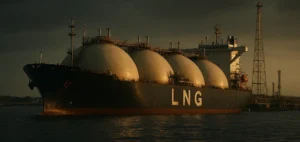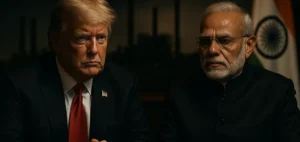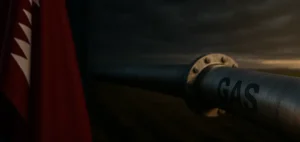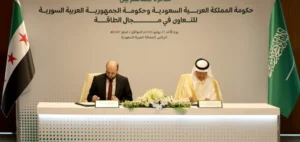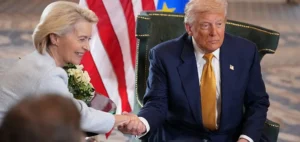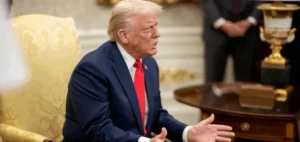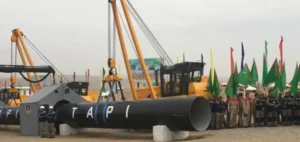An uncertain future for the Siberian Force 2 pipeline. Yet Vladimir Putin’s visit to China has generated enthusiasm and optimism about energy cooperation between Russia and China. The Russian president praised the “unprecedented” level of partnership and strategic cooperation between the two countries, particularly in the energy field. However, despite discussions and promises, a final agreement on the gigantic Siberian Force 2 gas pipeline project is still pending.
Economic and energy issues
Since losing the European market to sanctions and the sabotage of the Nord Stream pipelines, Russia has been actively seeking partnerships in Asia to compensate for its losses. China, as one of the world’s largest economies, has become a key player in this quest. Yet despite diplomatic visits and talks, no final agreement has been reached on Siberian Force 2, a crucial project for Russia.
Obstacles to reaching agreement
Observers note that several points of contention persist, notably the question of the price of Russian gas. Russia is increasingly dependent on Chinese demand, which puts Beijing in a strong negotiating position. Although gas deliveries via the Siberian Force 1 pipeline were up “46.6%” on the previous year, they did not compensate for the loss of the European market. These volumes represent just over half of previous exports to Europe via Nord Stream 1, which has been out of service due to sabotage.
Global Implications
Ultimately, the future of energy cooperation between Russia and China remains uncertain. The economic and energy stakes are high, but persistent obstacles stand in the way of an agreement on the Siberian Force 2 project. The outcome of these negotiations will have a significant impact on both countries and the global energy landscape.
Russia-China energy cooperation has reached new heights, but challenges remain. The two nations continue to negotiate, seeking common ground on crucial issues such as the price of Russian gas. The outcome of these negotiations will have a considerable impact on the economies and energy sectors of both countries, as well as on the international community as a whole. It is essential to keep a close eye on the development of this energy cooperation, as it will continue to shape the world’s energy future.



